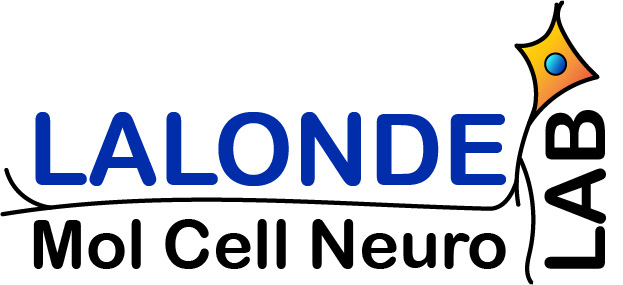Research
The morphogenesis of neuronal cells and their organization into functional circuits is a tightly controlled process that follows a series of well-defined steps. Once differentiated and integrated into networks, mature neurons also retain a remarkable capacity to rapidly change the arrangement of their synaptic connections in response to activity, a feature that is believed to critically support cognition as well as our ability to learn and retain information for long periods of time. Accumulating evidence strongly suggests that perturbation of the molecular interactions responsible for the growth of neurons, or the capacity of these cells to adequately respond to activity-dependent signals, contributes to the pathophysiology of different brain disorders such as schizophrenia, intellectual disability, and autism spectrum disorders. Our laboratory aims to elucidate novel effectors and mechanisms that contribute to the development and/or plasticity of neuronal cells. We believe that our basic research into these questions will lead to new insights into the pathogenesis of different brain disorders and potentially help recognize original targets for pharmacological intervention and treatment of these debilitating diseases.
Current areas of research in our laboratory are:
• Regulation and function of Store-Operated Calcium Entry (SOCE) in brain development and disease
• Post-transcriptional and -translational control of neuroplasticity effector Arc/Arg3.1
• Study of the molecular basis of bipolar disorder and schizophrenia with patient-derived iPSCs models
• Brain tumour biology and cancer neuroscience
• Cannabis-derived molecules and their influence on neurobiology
Our Playground
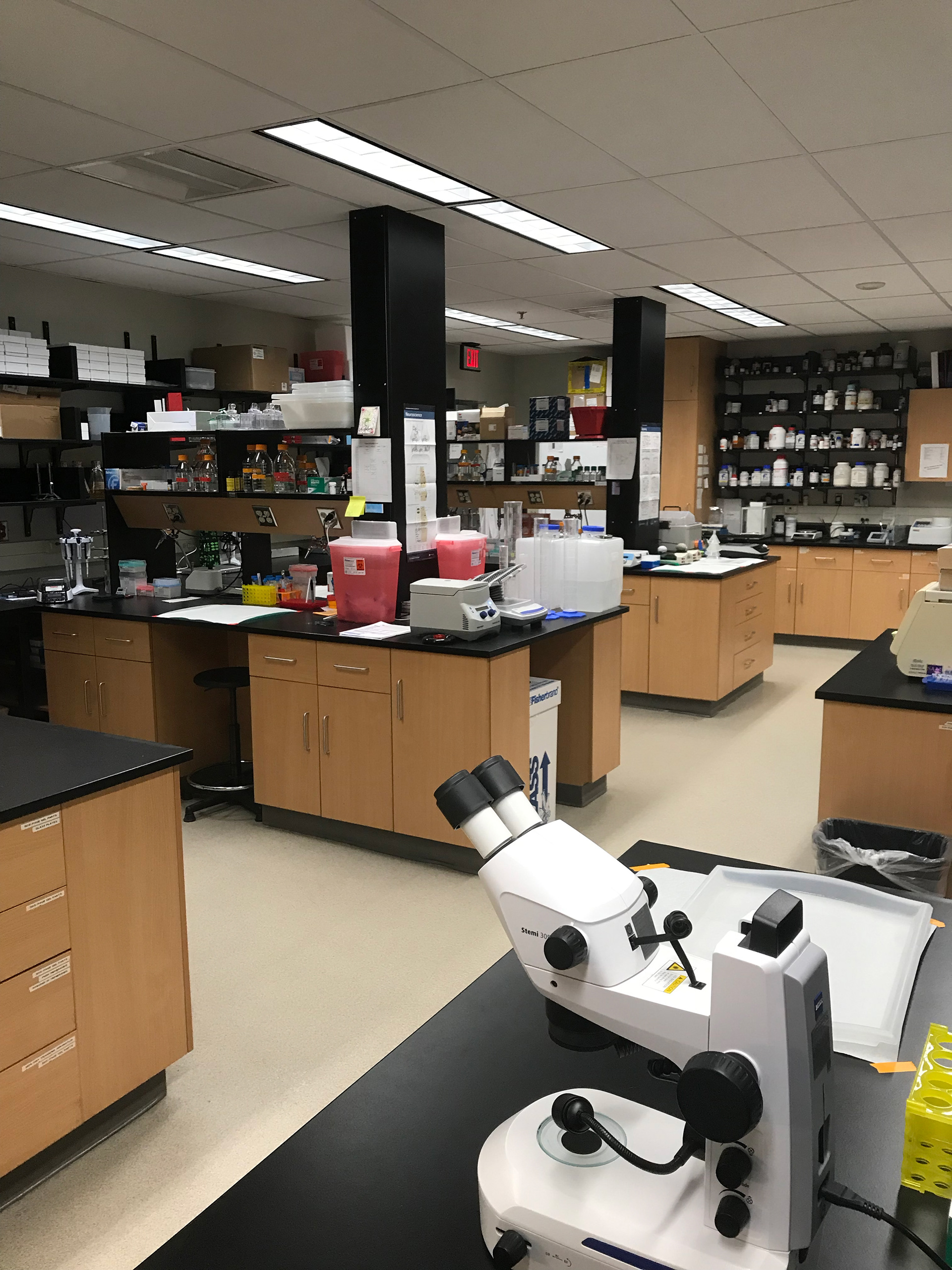
Benches & Dissection Area
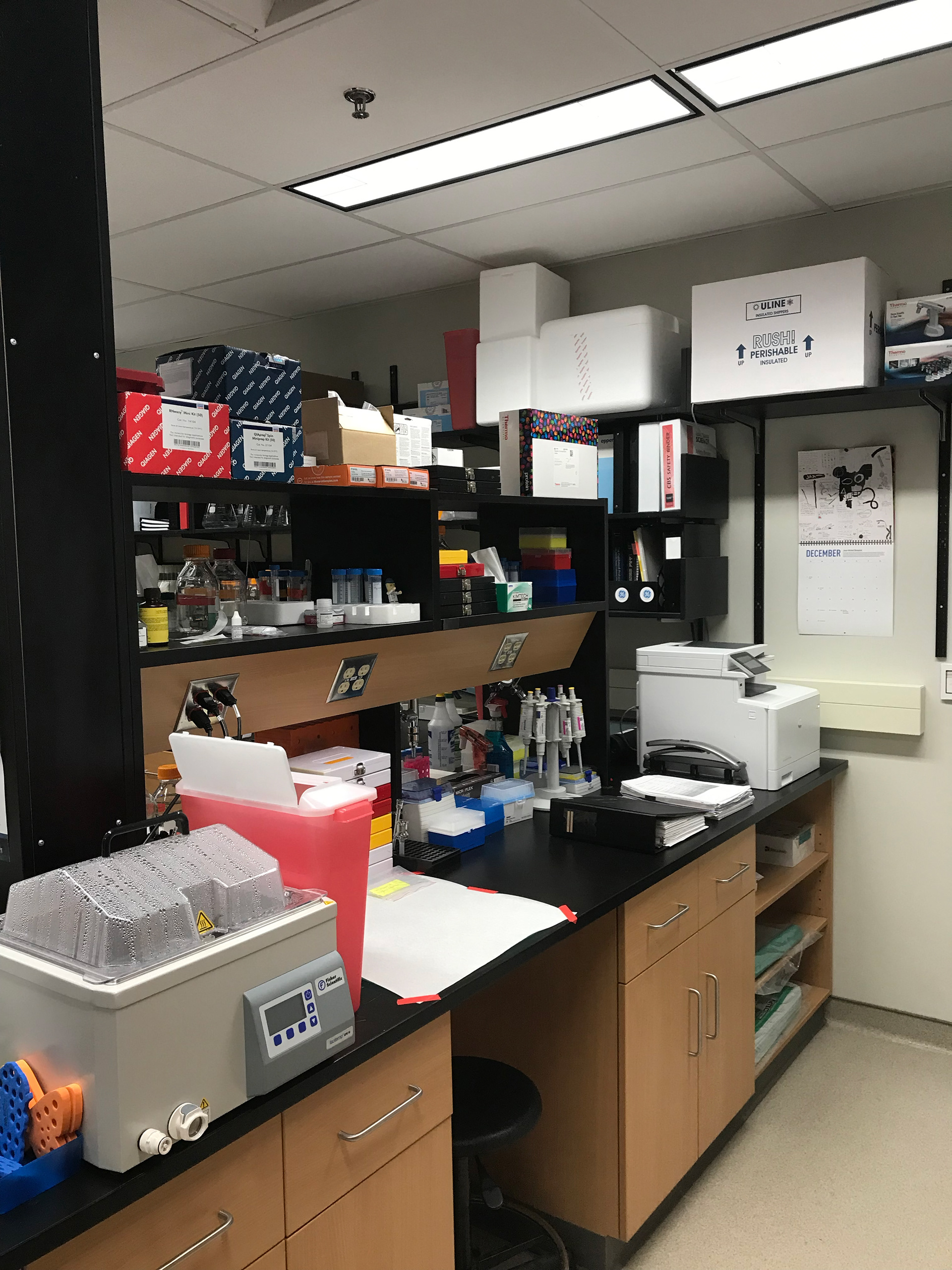
Lab Bench

Thermal Cycler, Plate Reader, and more
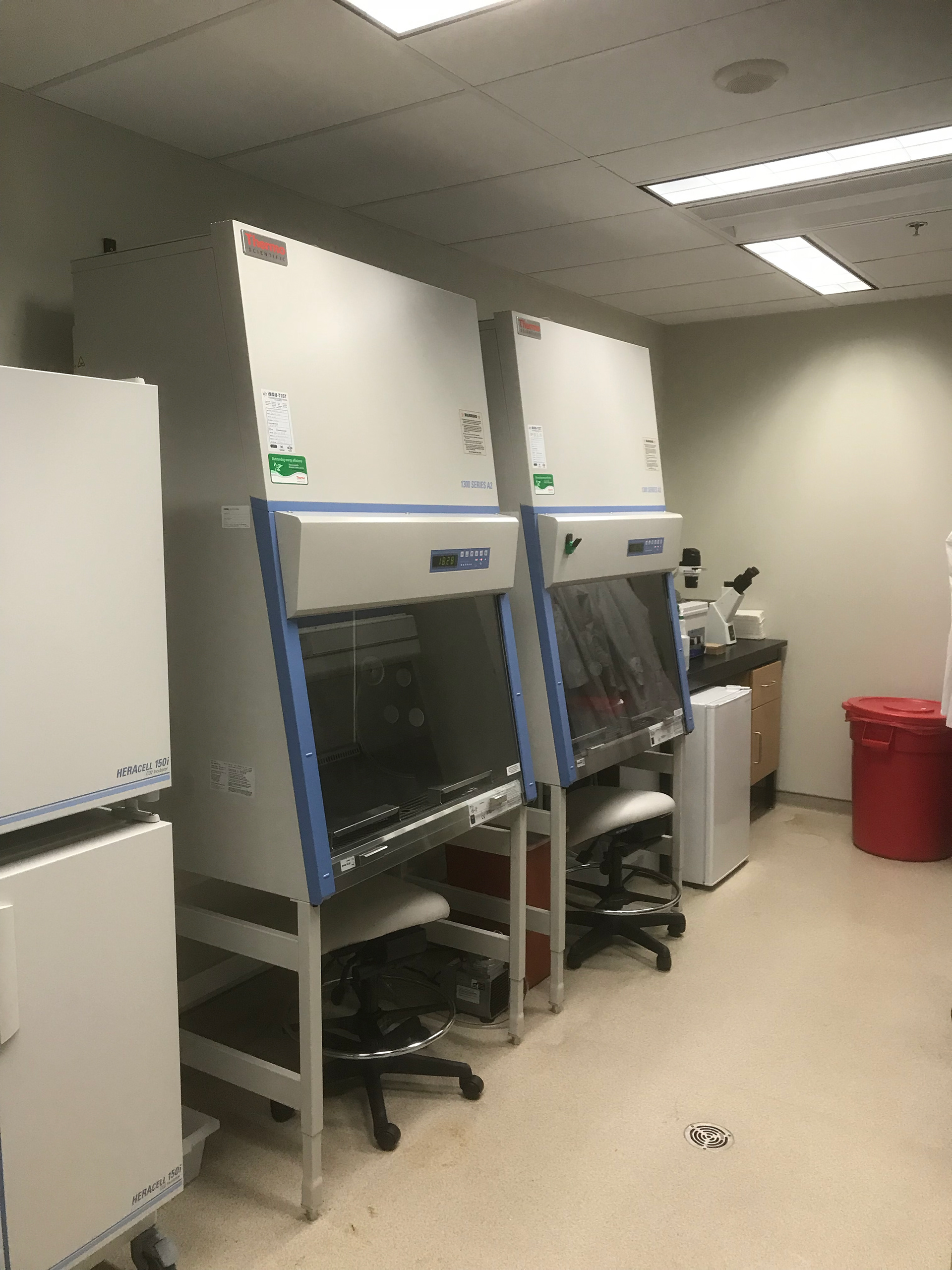
Lalonde Lab Cell Culture Room
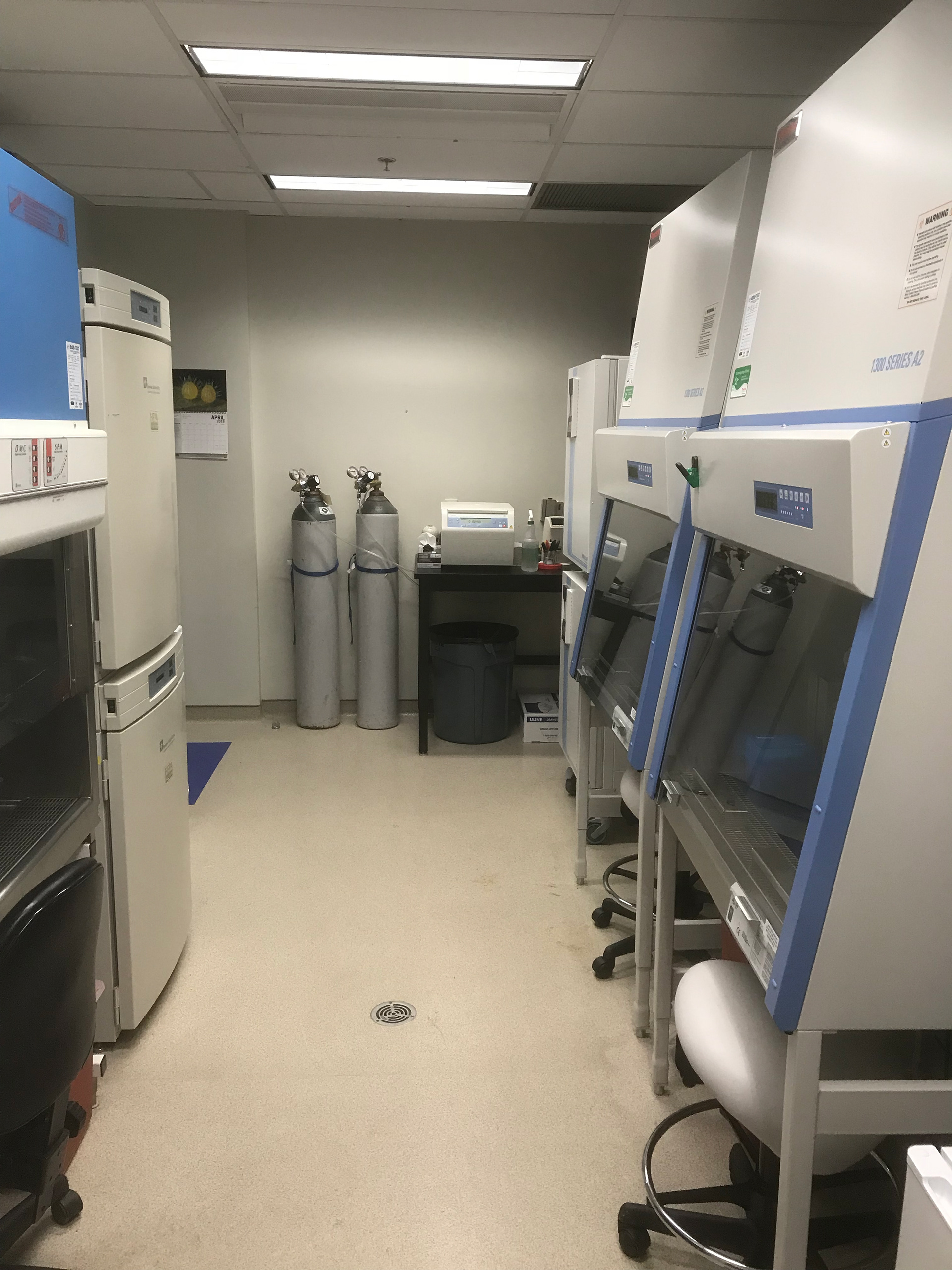
Lalonde Lab Cell Culture Room
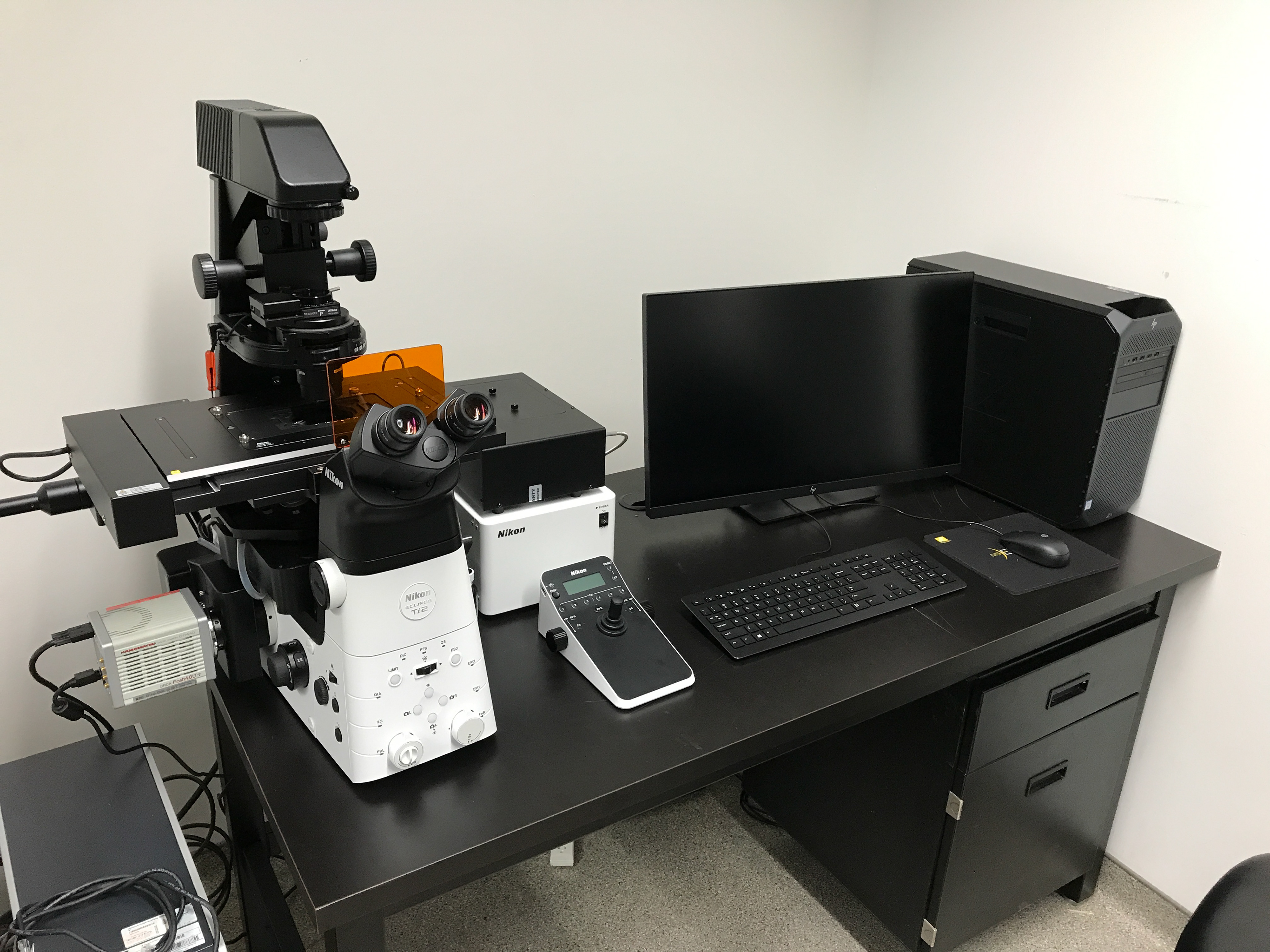
Lalonde Lab/AAC MCI Nikon Eclipse Ti2-E with Perfect Focus System and TIRF capability
Funding
The Lalonde Laboratory recognizes the generous support of the following funding agencies and organizations:
